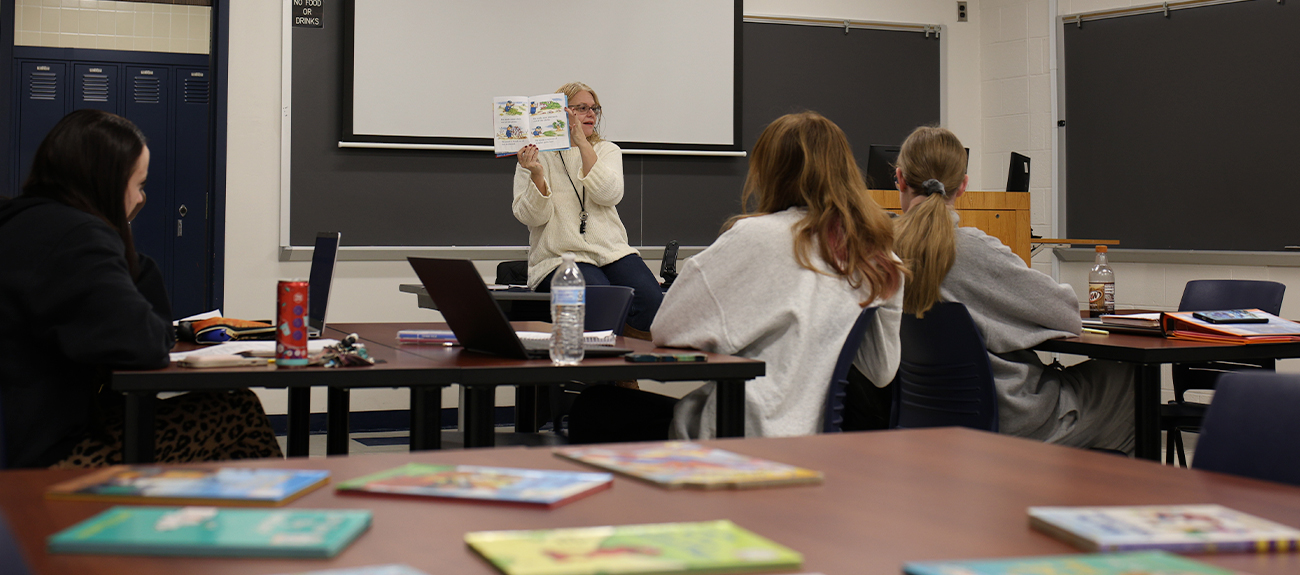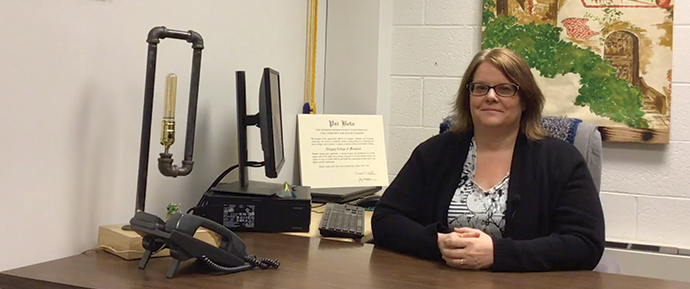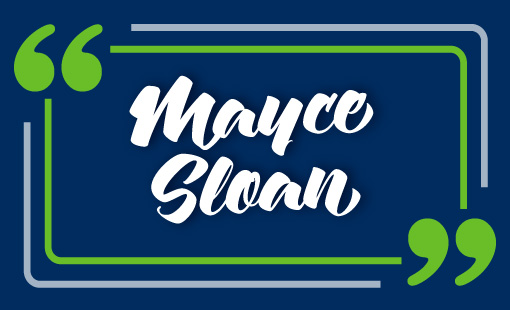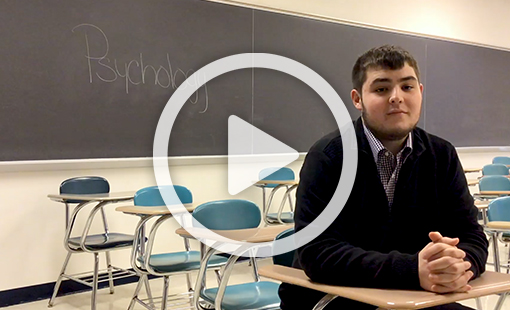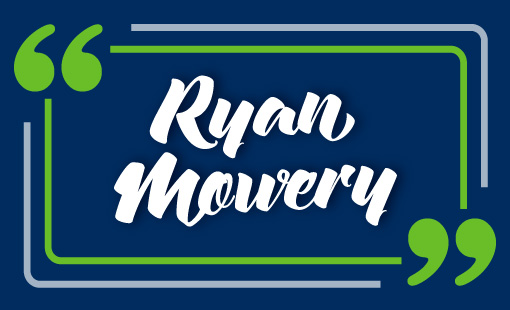What will you learn?
- Development across the lifespan
-
Physical, cognitive, emotional, moral, and social development for each developmental
stage of life.
- Child development conception to age 11
-
Physical, cognitive, emotional, moral, and social development for each stage of childhood
-
Emphasis on parental and peer relationships
- Examination of childhood mental health disorders
- Understanding of the processes of death, dying, grief, and coping
-
Death in the life of children and adolescents
-
Death in the life of adults
-
Ethical considerations for end of life and terminal illness
- Cultural beliefs, rituals, and death systems related to death, dying, grief, and coping
- Broad introduction to mental health disorders in adults and adolescents
- Broad introduction to the field of psychology in our everyday lives
-
Development and function of the brain
-
How sensation and perception influence our understanding of the world around us
-
How we use memory
-
How we learn
-
What motivates us
-
How our bodies react to stress
What will you do?
Prepare for transfer to a four year university or college
- Associates Degree
- Direct care in mental health rehab facility or program
- Direct care worker with children and adolescents in the juvenile justice system
- Addictions and substance abuse counselor * requires additional course work and licensing
by the state
- Bachelor's Degree
- Direct care in mental health rehab facility or program
- Mental health counselor *under the supervision of a licensed Master’s level therapist
- Paralegal, court clerk, investigator, probation and parole, case manager
- Research assistant
- Human resources specialist, public relations specialist
- Master's Degree
- School and career counselor
- Mental health therapist
- Psychology faculty at a community college
- Research assistant or lead
- Doctorate
- Research- specialized fields of interest
- Licensed psychologist- diagnosis and therapy
- Psychology faculty at 4 year university
Why ACM?
Discover what others are saying about ACM Psychology – click an image below.
Program Details
Whether your ultimate career goals lie in mental health, one of the other dozen subfields
of psychology, or a career outside of the field of psychology, a psychology degree
can provide you with the foundational knowledge and skills needed for employment with
a variety of agencies, organizations, and institutions in both the private and public
sectors. Our Psychology AOC is designed to prepare you to transfer to four-year degree
programs with a major or minor in psychology.
Recognizing the needs of today’s busy student, the Psychology AOC offers you the flexibility
of taking the majority of our courses in a traditional classroom and online.
Discover more...
Program Goals & Learning Outcomes
Program Goals
- Demonstrate a breadth of knowledge and an understanding of the application of psychological
concepts, theoretical perspectives, and current and historical trends in psychology
- Apply critical and creative thinking, along with scientific inquiry, to solve current
and emerging problem trends in psychology.
- Demonstrate competency in oral and written communication including the proper use
of APA format and style
- Value diversity and demonstrate an understanding of how culture and individual differences
and experiences influence biopsychosocial development, behavior, and mental processes.
- Demonstrate scientific literacy and application of scientific principles.
Learning Outcomes
- Students will compare and contrast current and historical trends in various fields
of psychology
- Develop and prioritize nursing diagnosis based on an analysis of assessment data.
- Students will describe the application of psychological concepts to explain behavior
and mental processes.
- Students will identify and apply appropriate problem solving strategies to individual,
social, and organization problems.
- Students will assess the usefulness of identified problem solving strategies for various
types of problems.
- Students will construct oral and written comments, questions, and arguments based
on the scientific literature.
- Students will use critical thinking skills when evaluating the oral and written comments,
questions, and arguments of others.
- Students will use correct APA paper formatting, citations, and references in written
assignments and oral presentations.
- Students will use basic psychological terminology, theories, and concepts to explain
behavior and mental processes.
- Students will identify the differences and similarities between collectivist/individualistic
and Eastern/Western cultures, societal expectations, and traditions in order to more
accurately explain and predict behavior and mental processes.
- Students will identify and assess theoretical perspectives for cultural and subcultural
relevance in social, emotional, mental, physical, and cognitive development.
- Students will explain how individual differences influence interactions with others.
- Students will differentiate between quantitative and qualitative methodologies and
the appropriate use of each.
- Students will use scholarly sources to identify and describe empirical trends in the
various fields of psychology.
Meet the Faculty
Our experienced, knowledgeable faculty are excited to share their expertise with you
and prepare you to succeed in the diverse, mind-blowing field of Psychology.
